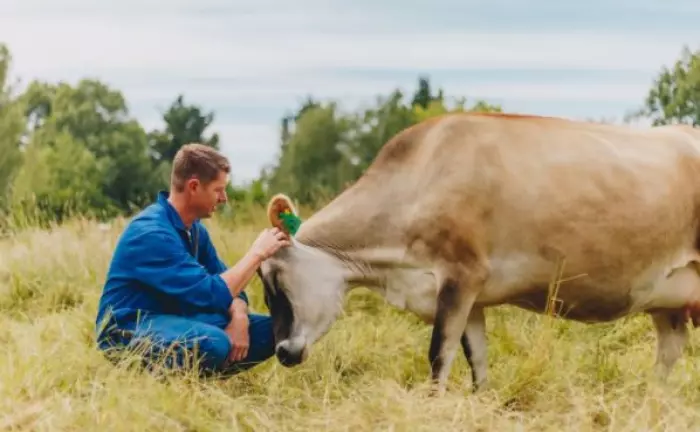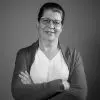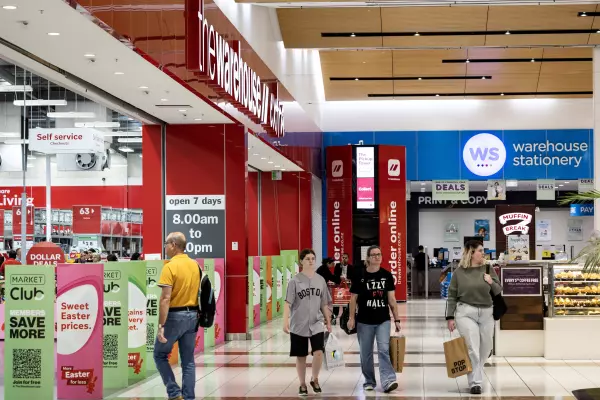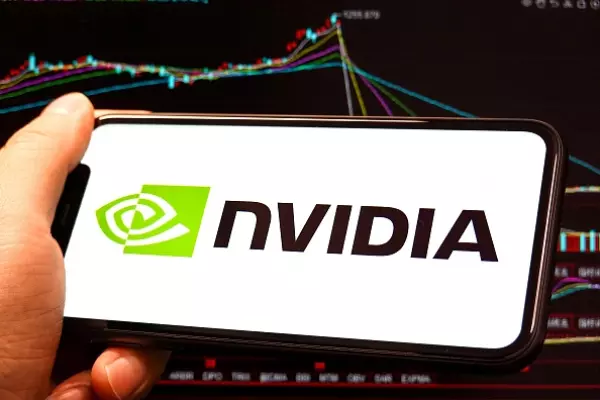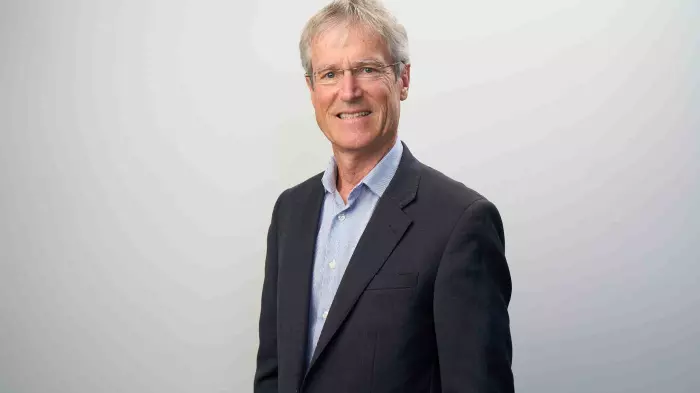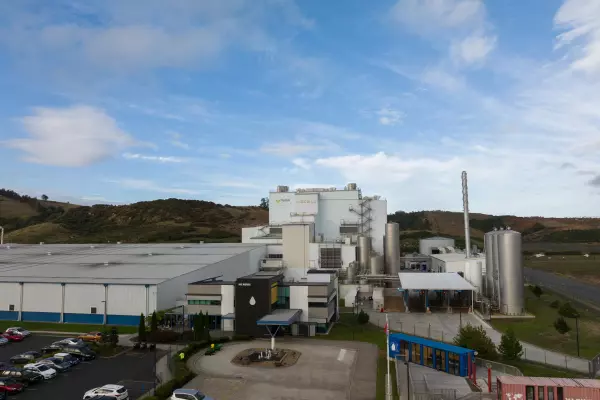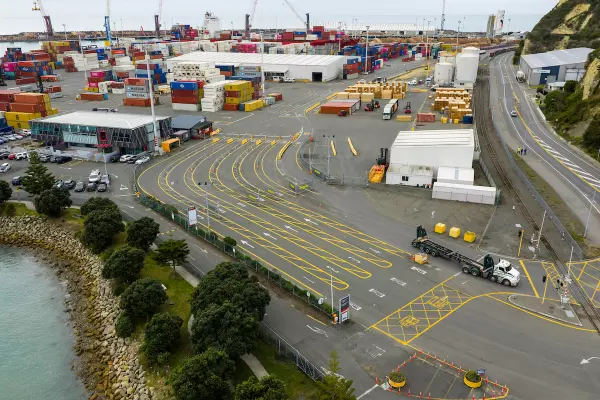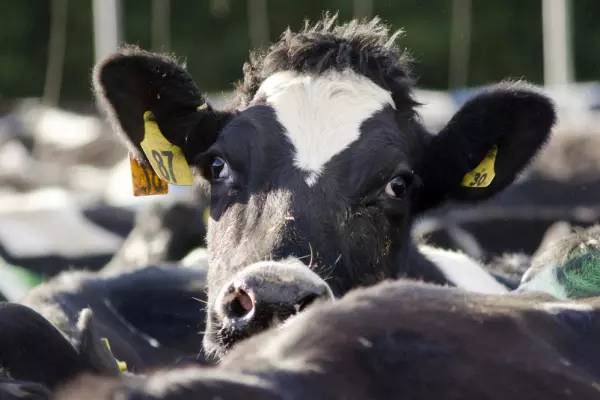New Zealand startup Happy Cow Milk has its sights set on global expansion.
“We are trying to build a global dairy company from New Zealand,” said founder Glen Herud.
“Rather than exporting milk powder or cheese, we’re exporting software and a hardware package that enables any farmer anywhere in the world to process the milk within the local regulations and sell it to the local customers.”
The aim is to make a margin on the milk sold anywhere in the world without having to export it, he said.
The company is looking to target smaller dairy farms in places like Europe and the US “but basically wherever you are, if you’ve got a cow and you’ve got people who want milk, we’ll be there”, Herud said.
According to the company’s modelling – which is based on a 50-cow farm, 10 to 15 resellers and 1,500 customers – farmers would make about $100,000 annual profit selling 1,000 litres a day.
The goal is to create an ethical, sustainable dairy model, which is a key reason why it focuses on smaller dairy farms.
“There are roughly 22,000 dairy farmers who are shut down every year around the world so what we are doing is giving them the tools to double their revenue,” he said.
The loss of the family farm is a threat to sustainable agriculture, he said.
The start up cost for the farm is around $150,000 but Herud said it would only take about a year to earn that back. The main cost is the hardware, which Happy Cow said it sells at cost.
Customers are also very positive about the focus on smaller, family-run farms, according to Herud.
The goal is to create milk communities all around the world “and every time we do that, we’ll make recurring revenue,” he said.
He is currently talking to a farmer in Escondido, California and said he’s been contacted by farmers from Sweden, Slovenia, Wales and Japan as well as the European Union.
How does it work?
He described the technology as a “milk factory in a box”.
Farmers put the milk into a set of tanks which are essentially a processing hub that pasteurises the milk.
From there, they deliver the tanks to community milk retailers, which could be cafes, schools or people doing home delivery.
The milk is packaging-free as customers bring their own bottles.
The tanks are connected to the internet so the temperature and quantity can be tracked in real-time.
All payments are processed through the Happy Cow app, with the farmer, retailer and Happy Cow each receiving a cut of each litre sold, instantly.
As a point of comparison, if Fonterra is paying $8.00 per kilo of milk solids, Happy Cow farmers would earn $14.
The milk would be sold for around $2.80 a litre. Of that, farmers would get $1.41, the retailer or dispenser would get 51 cents and Happy Cow would get 51c.
In New Zealand, the company is working through regulatory approval from the Ministry of Primary Industries, something Herud said is just about done.
It will then launch with a farmer in the Waikato into Auckland and “start scaling from there,” he said.
Herud said he’s seen keen interest from farmers but “we’re looking for the right sort of farmer”.
Calves stay with mothers
They need to be open to what the public thinks and feels and a key factor is keeping calves with their mothers.
“That’s what helps you sell your milk and that’s what people want,” he said.
He agreed it's difficult for some Kiwi farmers, who for the most part remove calves immediately after birth.
Happy Cow is about “animal agriculture” and “we think you can’t do animal agriculture and be doing things like that to your animals".
"You have to be impeccable.”
Farmers who supply Happy Cow will have to leave calves with their mothers for eight to 10 weeks.
At weaning, a plastic nose flap clips onto the calf’s nose, something Happy Cow says isn’t painful but makes it more difficult for the calf to suckle and it concentrates on eating grass instead.
“In the following months, the calf gradually becomes independent from its mother as it no longer requires milk. At this point, the calf is put into the neighbouring paddock and the cow and calf are able to meet at the fence and touch noses," he said.
He agreed there is some loss of revenue as the calf consumes milk that would otherwise be sold.
However, farmers save on labour because the cow feeds the baby and also the calves are bigger when they are sold and therefore garner more earnings.
Getting to this point hasn’t been an easy journey for Herud. He set up what he called Happy Cow 1 in 2014.
The goal was to test the model of how to supply milk locally and “we figured out all the complications and difficulties that are involved,” but he eventually threw in the towel.
“Basically, the processing took me a long time, it was very inefficient. The distribution was very inefficient. We were going to lots of different outlets, selling lots of a little bit of milk.”
However, “our fans wouldn’t let us quit and basically they all rallied together” and have been funding Herud since 2018.
“People want a more ethical, sustainable story and they love this idea of locals supplying locals.”
Equity crowdfunding
The company raised $400,000 in its first equity crowdfunding round in 2019. Funds were used to build the prototype and “we are now raising funds to bring it to market”.
It is currently looking to raise a minimum of $500,001 and a maximum of $2 million by Aug 9 via Pledge Me. It is offering up to a maximum of 666,667 shares at $3.00 each.
So far it has raised $279,621 with 284 pledges.
Herud said he doesn’t expect to list the company publicly.
“I think we are always going to be crowd-based. We are talking to international crowdfunding bodies at the moment. I think what we will always do is go to our crowd and source the money we need.”
According to its latest investor memorandum, it is targeting a net profit of $361,923 in the year ending March 2025 when it aims to have 37 farmers on board and total revenue of $25m.


